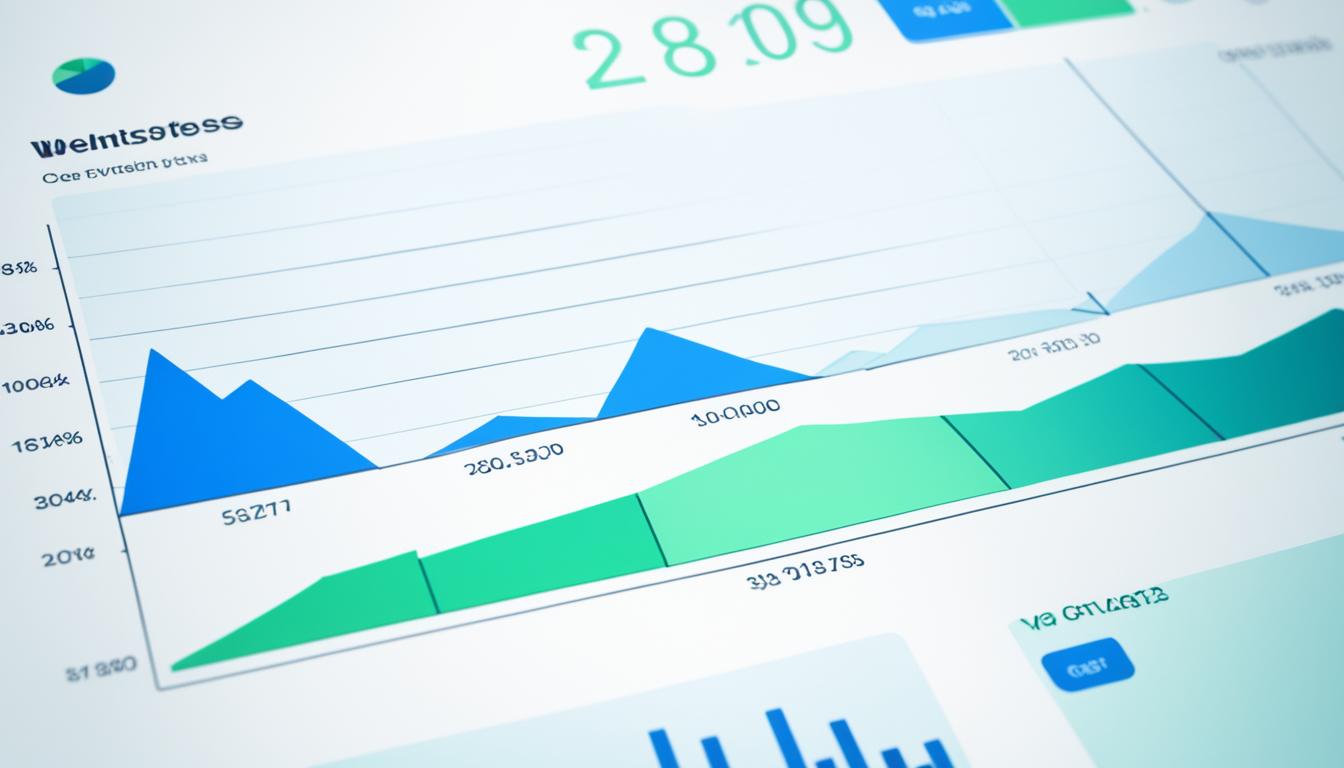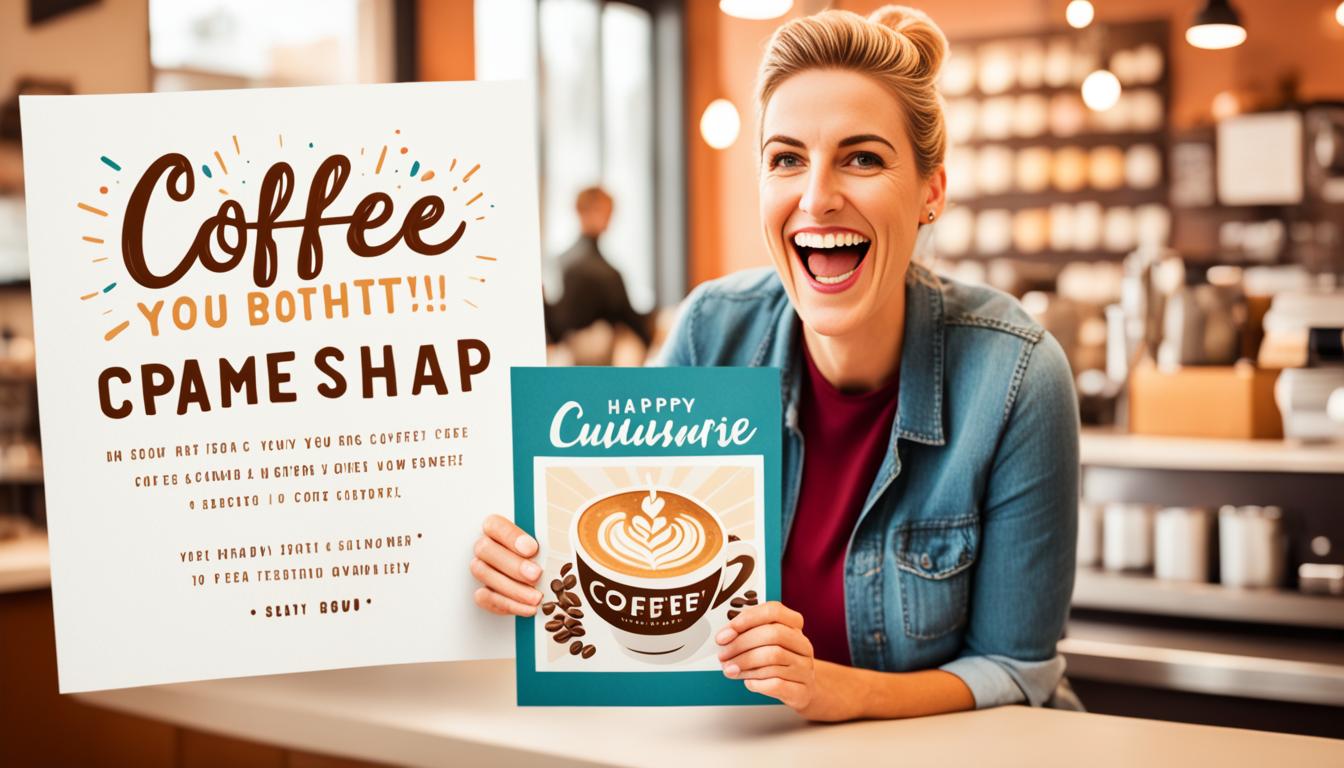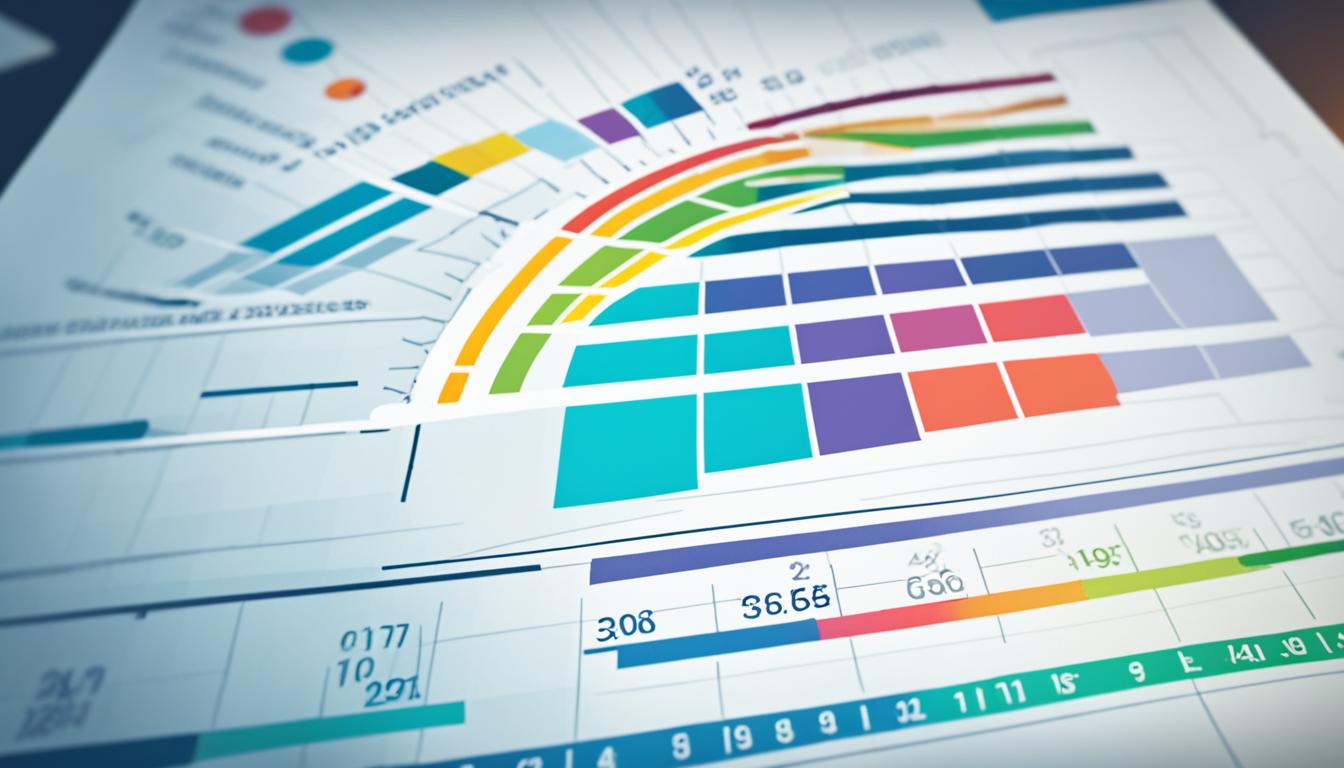Engagement is a key factor in the success of any event. It is no longer sufficient to simply host an event and hope people show up. Instead, successful event marketing hinges on driving engagement at every stage—from the initial invitation to the follow-up days after the event has concluded. The approach to engagement is multi-dimensional and should be strategically planned to generate buzz, involve attendees, and leave a lasting impression. The most effective way to achieve this is by implementing a structured promotional strategy across three phases: pre-event, in-event, and post-event.
This article will explore creative ways to boost engagement in each phase, focusing on tools and tactics that create a comprehensive event experience. From pre-event social media campaigns to post-event follow-up strategies, maintaining high engagement levels is the ultimate goal. By considering creative promotional techniques at every stage, events can go beyond attracting attendees—they can build lasting connections with them.
Pre-Event Promotion: Building Anticipation and Awareness
The success of an event begins long before the doors open. Building excitement and ensuring that your target audience is aware of the event are essential first steps. Pre-event promotion is where you capture interest, spark curiosity, and motivate people to register or purchase tickets. Engagement starts here, and it’s important to use strategies that both inform and intrigue potential attendees. The goal is to create anticipation that compels them to mark the event date on their calendars and share the news with others.
Creative promotion techniques can help build awareness in innovative ways. Social media, email marketing, and influencer collaborations are all effective tools for generating early interest. Crafting campaigns that use eye-catching visuals, clever messaging, and interactive content will foster a sense of excitement. These techniques not only promote the event but also lay the foundation for engagement that will carry through to the event itself.
Creative Strategies to Promote Before the Event:
- Social Media Teasers: Building a social media campaign that includes teaser videos, countdowns, and sneak peeks of speakers, themes, or exclusive activities can create a sense of anticipation. Posts should encourage sharing, tagging, and comments, making the campaign interactive.
- Collaborations with Influencers and Industry Partners: Influencers who resonate with your target audience can promote your event to their followers, expanding the reach and credibility of your message. Additionally, collaborating with industry partners to cross-promote on various platforms can lead to greater visibility.
- Early Bird Incentives: Early bird ticket sales with discounts or exclusive perks can prompt immediate action. Creating a limited-time offer can further drive urgency, making potential attendees more likely to commit early.
- Engaging Email Campaigns: Personalizing email content with interactive elements like polls, quizzes, or contests engages the recipient and encourages them to share the event with others. Highlighting key benefits and excitement factors in the email keeps the recipient interested.
- Unique Event Hashtags: A branded hashtag specific to the event can help create a community around your campaign. Encourage followers to use the hashtag to share why they are excited about attending or what they hope to gain from the event.
- Use Virtual Event Platforms: Virtual event platforms such as RegFox’s virtual events platform offer pre-event engagement features that can be instrumental in building anticipation. With integrated registration systems, customizable landing pages, and social media integration, these platforms help streamline the promotion process. Features like early access to session previews, personalized invitations, and networking tools keep potential attendees engaged and excited about the event well before it starts.
By utilizing these techniques, event planners can generate enthusiasm and ensure that prospective attendees feel a connection to the event well before it begins.
Engaging Attendees During the Event
Once the event is underway, the focus shifts to keeping attendees actively engaged. Whether the event is in person or virtual, the goal is to create an environment where people feel connected and involved throughout the experience. Engagement during the event ensures that attendees remain invested in the content, participate in discussions, and form connections with others.For virtual events, using best customer feedback tools and interactive platforms to enhance the attendee experience becomes even more important.
Real-time engagement strategies such as live polling, social media interaction, and personalized attendee experiences help ensure that the event feels dynamic and inclusive. The use of virtual platforms can also help keep remote attendees as involved as those attending in person, ensuring that no one is left out of the experience.
Creative Strategies to Promote During the Event:
- Real-Time Social Media Engagement: Encouraging attendees to use event-specific hashtags, share photos, and tag your event on social media platforms keeps the conversation going. A team can monitor and respond to these posts in real-time, amplifying the attendee’s experience and increasing the event’s online visibility.
- Interactive Event Content: Polls, Q&A sessions, and live feedback during keynotes or presentations involve attendees in the moment. This encourages them to actively listen and participate rather than passively watch. Hosting live discussions or debates is another way to encourage interaction and deepen engagement.
- Gamification: Incorporating games into the event, such as scavenger hunts or challenges where attendees can earn points or prizes, adds a fun, competitive element. Attendees may be motivated to engage more actively to win rewards.
- Photo Opportunities and Branded Spaces: For in-person events, creating interactive spaces where attendees can take photos that they share on social media boosts engagement. Offering unique, branded backdrops or themed photo areas encourages them to document their experience and increases online exposure for your event.
- Personalized Engagement Through Technology: Many event apps and platforms now offer the ability to tailor the event experience for individual attendees. Personalized schedules, networking suggestions, and session recommendations based on attendee preferences can keep participants engaged and make them feel valued.
By creating a dynamic, interactive experience during the event, organizers can maintain high levels of engagement and ensure that attendees feel involved every step of the way.
Post-Event Engagement: Keeping the Conversation Going
The end of the event should not signal the end of engagement. Post-event follow-up plays a significant role in fostering long-term connections with attendees. It is also an opportunity to gather feedback, gauge attendee satisfaction, and provide additional value that continues beyond the event itself. A successful post-event strategy can lead to increased brand loyalty and set the stage for future event participation.
To maintain momentum after the event, it’s important to keep the conversation alive through follow-up emails, social media, and continued interactions with attendees. Providing valuable post-event content, such as recaps or exclusive access to recordings, can keep attendees engaged and encourage them to look forward to future events. If you’re considering tools to streamline these interactions, there is a wide range options, such as the Fareharbor app. But be sure to find out how much does Fareharbor charge for its services, as platforms like this can simplify post-event communication and feedback collection.
Creative Strategies to Promote After the Event:
- Post-Event Content: Sharing highlights from the event, such as recap videos, key takeaways, and memorable moments, keeps the event top of mind for attendees. Attendees who missed certain sessions can be offered access to session recordings, while those who attended live will appreciate the opportunity to revisit their favorite parts.
- Surveys and Feedback Requests: Engaging attendees in a post-event survey not only helps gather valuable feedback but also provides attendees with the opportunity to voice their opinions. Keeping the survey interactive and short increases the likelihood of participation.
- Exclusive Offers for Attendees: Providing special offers, discounts on future events, or exclusive content access can create a lasting connection with attendees. This approach rewards participation and encourages them to remain involved with your brand.
- User-Generated Content: Encouraging attendees to share their post-event reflections, photos, or testimonials using the event hashtag keeps the social media engagement active. This also allows potential future attendees to see the benefits of attending.
- On-Demand Content: Offering on-demand access to recorded sessions or premium content to attendees can extend the value of the event. Those who couldn’t attend live can still engage with the event content, while those who did may want to revisit certain sessions.
By continuing to engage attendees after the event, organizers can build strong relationships that go beyond the single event. This kind of follow-up not only strengthens attendee loyalty but also sets the groundwork for successful future events.
Conclusion
Driving engagement before, during, and after an event is essential for creating a memorable and impactful experience. By building anticipation beforehand, maintaining dynamic interaction during the event, and following up with meaningful post-event content, event organizers can foster a deeper connection with attendees. A well-thought-out engagement strategy helps ensure that attendees feel connected, involved, and eager to participate in future events. When engagement is prioritized, the event becomes more than just an occasion—it becomes an ongoing experience that resonates well beyond the closing remarks.





